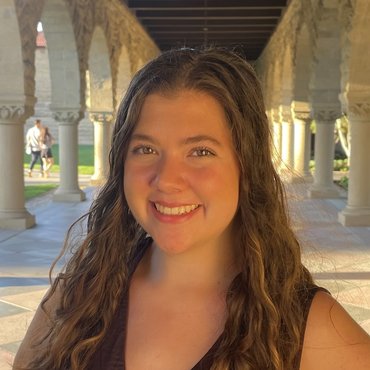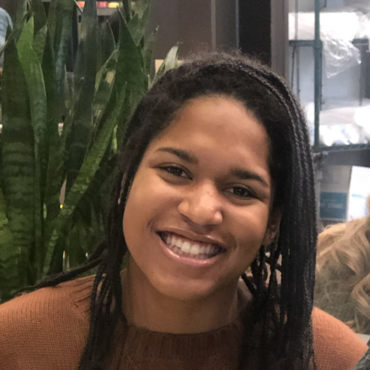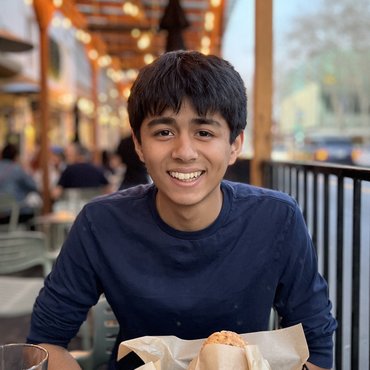
Tanner Christensen, ’24
From Observer to Advocate
New York City: The Big Apple. The City That Never Sleeps.
A countless number of oversimplified and generic monikers are used to describe this city. It has always been a place that I could see myself living and prospering in, but for different reasons. Perhaps it is because of the extravagant, electrifying media portrayal of New York, but I think it also has to do in part with the city’s unmatched diversity.
To compliment and protect this diversity, New York City has one of the most progressive and comprehensive civil rights laws in the nation: the NYC Human Rights Law (NYCHRL). Charged with enforcing the NYCHRL is the NYC Commission on Human Rights (CHR), which is where I worked full-time for six months as a Cardinal Quarter fellow.
I arrived at CHR with no prior legal experience, but I quickly learned legal jargon, civil procedures, and legal writing styles by working with attorneys under the supervision of agency attorney Geoffrey Wertime. My work ranged from administrative tasks, like writing complaints and drafting conciliation memos, to more direct and active assignments. For instance, I marched with CHR in the NYC Pride March to distribute resource pamphlets. I also created an internal memo on guidance for LGBTQ+ individuals who are incarcerated.
Despite engaging in such critical work, I felt distant from the people CHR was helping. The only time I was able to connect with people was during intakes, where New Yorkers would report an alleged act of discrimination. Mostly I just listened in on intakes, and I felt detached and helpless.
In my last month, however, I self-advocated to facilitate my own intakes. After demonstrating aptitude, I took on the weekly intake assignments for two attorneys. This gave me the opportunity to connect with six New Yorkers and hear their stories.
Witnessing the desperation that people felt when they shared these stories confirmed to me how important this work truly was. Each intake I facilitated forced me to wrestle with the idea of what discrimination looks like and how even the most progressive laws cannot always help people who have been wronged.
During one intake, the person I spoke with described an incident with a service animal in a restaurant. Although the NYCHRL law was designed to protect people with disabilities, the NYCHRL and CHR were unable to help the complainant because of a lack of evidence. However, I was able to write a cease-and-desist letter to the restaurant outlining the laws and their responsibility to permit service animals into the restaurant.
Moments like these made me feel like I was making a tangible difference. While the legal process is long and arduous, these intakes, and the responsive measures that they led to, were transformational to my understanding of the law. My internship with CHR was fulfilling for many reasons, but leading intakes in particular gave me a zeal for my future in public interest work.


